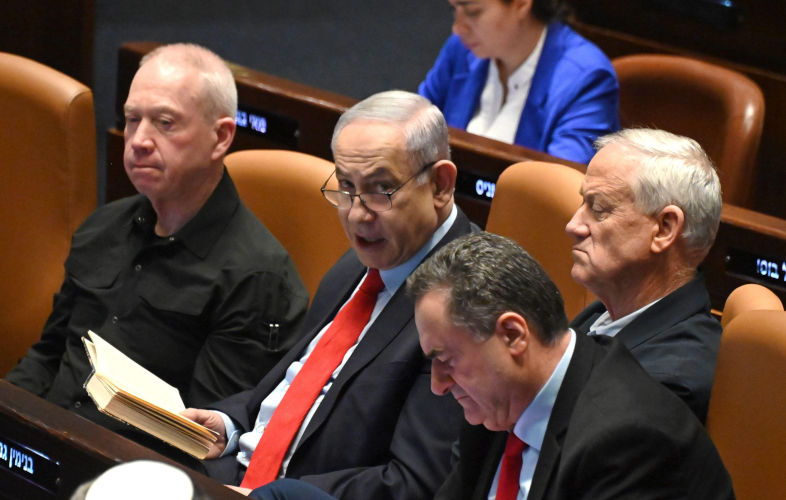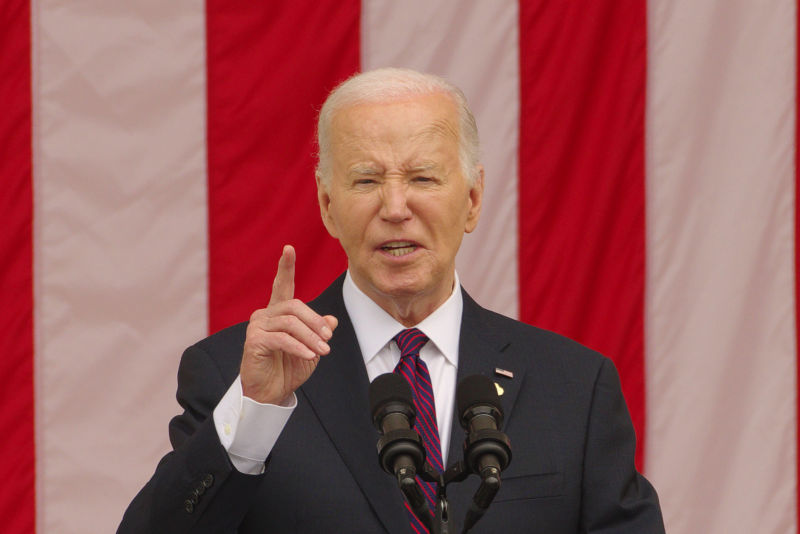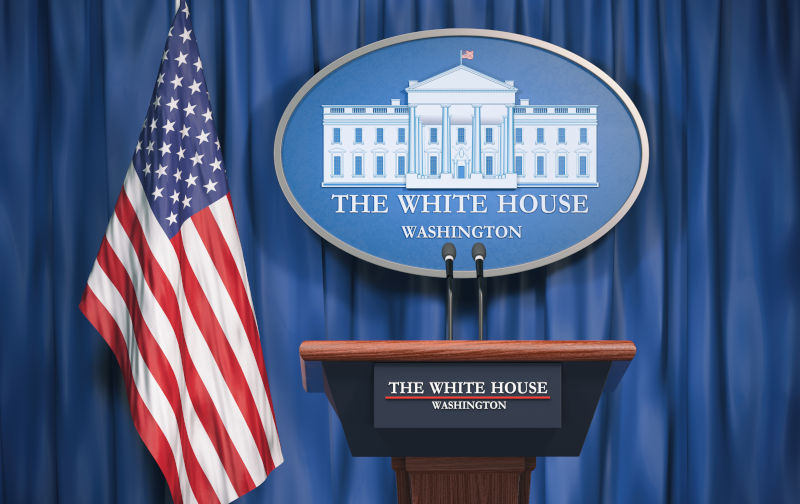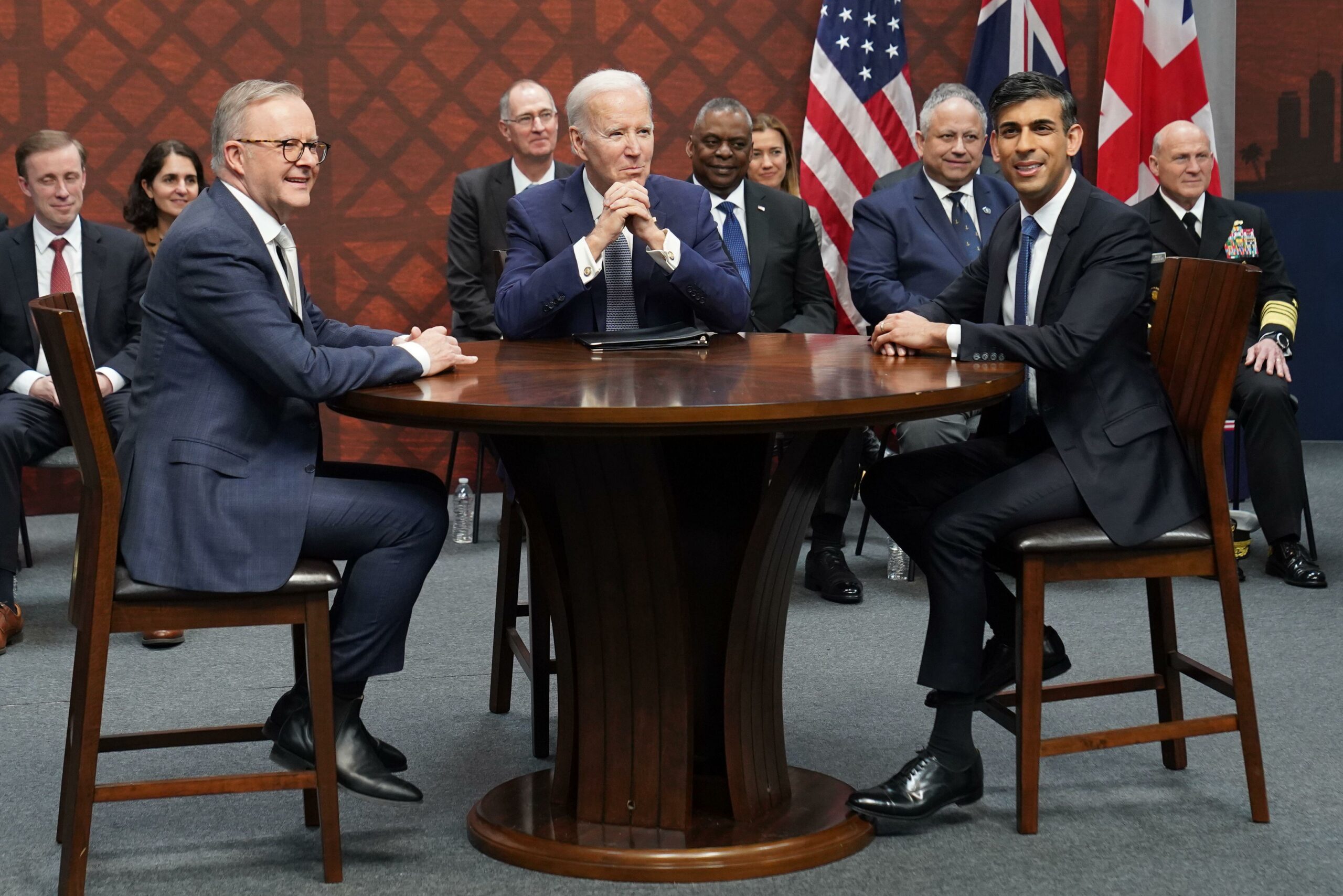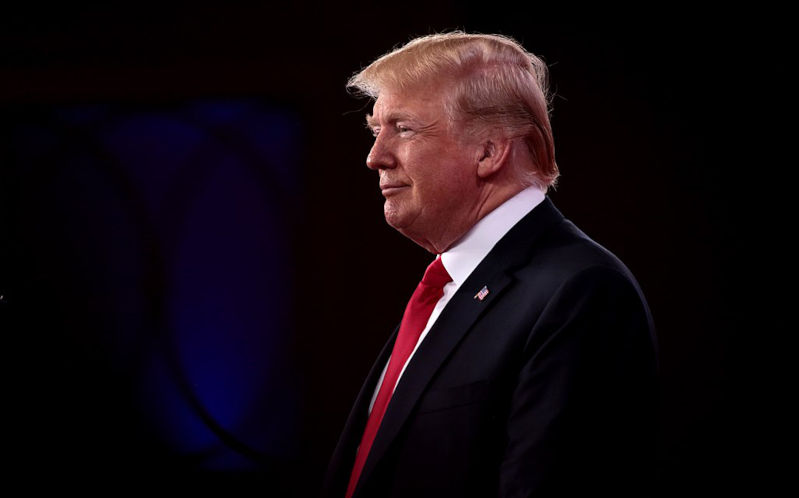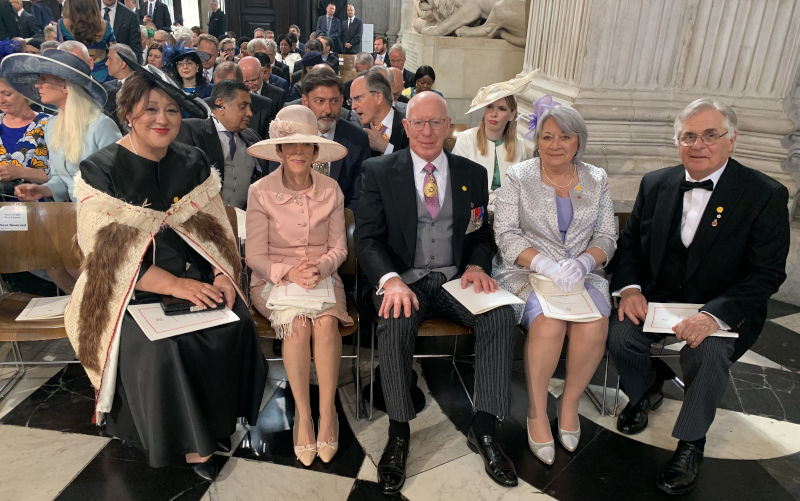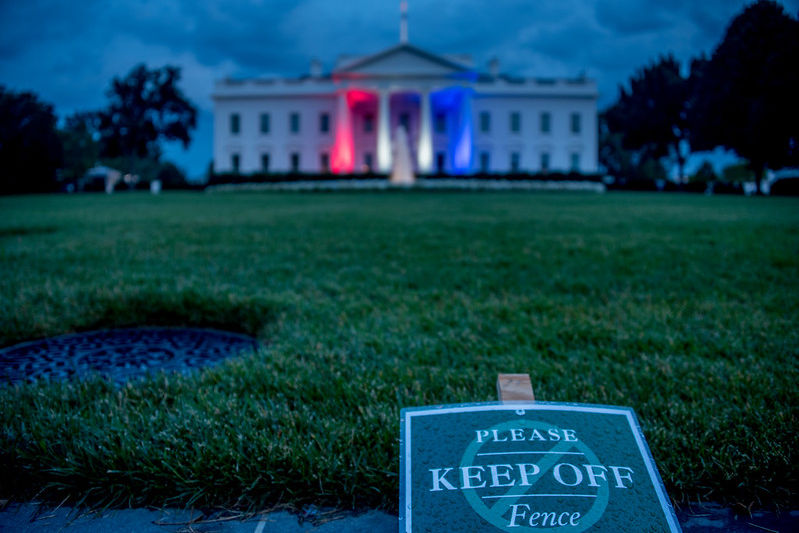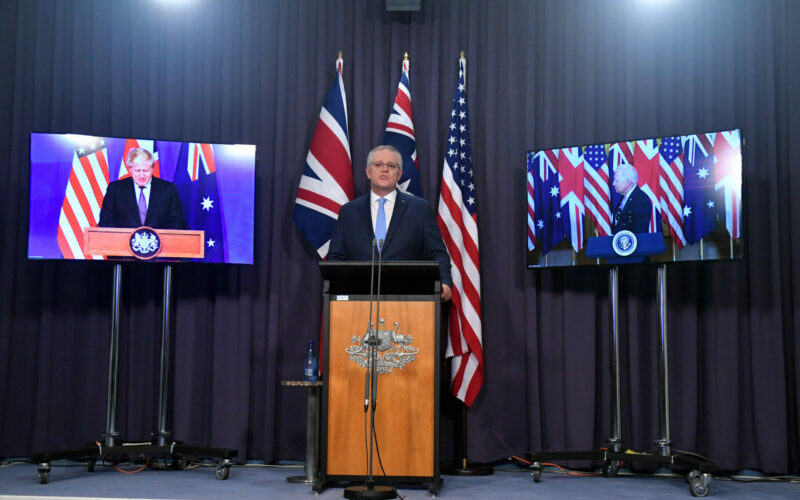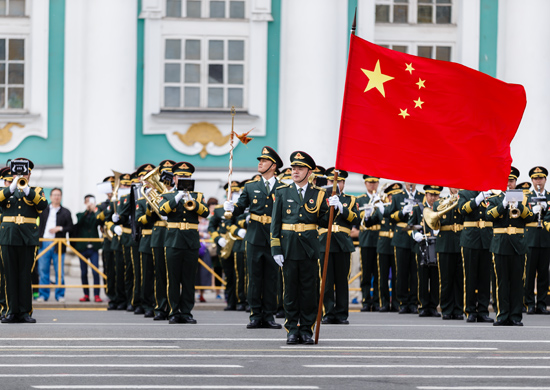If Australia is to have any influence at all in resolving the horrendous carnage now taking place in the Middle East it needs to demonstrate that it acts independently of American pressure. The politicians who lament the fraying of our ties with Israel seem totally unconcerned about the impact of our position on countries far more significant to Australia, such as Indonesia and Malaysia, whose support for Palestine recognition goes far further than anything supported by the Albanese government. (more…)
The Abbott government marks its two-year anniversary of winning office today, September 7. I was tempted to begin by claiming that Tony Abbott has established himself as one of Australia’s more successful prime ministers, but I struggled to find a second sentence.
The headlines in the opinion pages of August 29’s Weekend Australian show that even Abbott’s supporters despair:
Why the Australian economy is going to hell in a handbasket [Judith Sloan]
Shazam me some faith because I’m losing it with the Liberals [Grace Collier]
Forget reforms, fear and loathing will decide the 2016 election [Peter van Onselen]
Mixed messages on domestic policy
What Abbott himself claims as achievements are all reversals of previous policies: stopping the boats, repealing the carbon and mining taxes.
Abbott now tells Australians the government is firmly focused on jobs and growth, and points to small-business tax incentives and free trade agreements as proof of success. But all governments spruik jobs and growth. Good economic management is the lowest common denominator for governments, even if few achieve it in the long run.
The Abbott government has been remarkable for its mixed messaging. Last year the greatest economic challenge was a ballooning deficit; now it is more tax cuts. Treasurer Joe Hockey proclaimed the end of the age of entitlement, but rejects substantial changes to a superannuation system that perpetuates intergenerational inequality.
If the Liberal Party combines elements of both conservative and liberal philosophy the Abbott government has shown itself unable to satisfy either. A truly conservative government would see environmental degradation and climate change as central challenges, rather than embark on hollow – and expensive – minimalist solutions.
A truly liberal government would treat asylum seekers with compassion, and be very cautious in expanding the state’s role in the surveillance of its citizens. Nor would a liberal government refuse a parliamentary vote on same-sex marriage, and risk clouding the much-needed constitutional debate about Indigenous recognition with a face-saving and unnecessary popular vote on same-sex marriage.
Abbott overshadowed on foreign policy
As the world becomes increasingly enmeshed in global forces our politics become ever more parochial. Abbott has been largely absent as an international figure, which has allowed Julie Bishop to create the persona of a successful foreign minister.
Like Abbott, Julia Gillard came to power without much involvement in foreign policy, but she quickly grasped the centrality of the world to any Australian future. Abbott, who had the enormous luck to inherit both a UN Security Council seat and the G20 chairmanship on taking office, has yet to make that transition.
In opposition, Abbott spoke of the importance of the Anglosphere and of hisdesire to turn Australia’s attention back to Jakarta and away from Geneva.
In practice, the opposite seems to have occurred. This is in part due to unexpected events – the execution of Myuran Sukumaran and Andrew Chan in Indonesia, and the downing of MH17 – as well as his foreign minister having been more successful in the halls of the United Nations than in fostering closer ties with Indonesia.
While Bishop has taken a strong interest in the Pacific, she has spent much of her time explaining the government’s position on asylum seekers. It is unlikely that the region’s countries are impressed by attempts to move refugees to Cambodia – one of the poorest countries in Asia – or Abbott’s response to the Rohingya fleeing persecution in Myanmar.
Australia is allied with its North Atlantic allies in attacking Islamic State (IS) militants in the Middle East, but there are major gaps between Abbott and the American and British leaders in attitudes to climate change and international development assistance. Yet climate change and stark inequalities are a greater threat to Australia’s long-term security than is IS.
And while Abbott seeks support for increasing airstrikes against IS, his government seems oblivious to the humanitarian crisis in Syria, which will require Australia to greatly increase its refugee intake. This is where we can make a far more meaningful contribution to helping end the suffering of the Syrian people.
Failure to unite and inspire
Successful prime ministers find means to unite the nation and move it forward in new directions. We remember them for moments when they brought the nation together around difficult policies. John Howard did it in his tough line on guns; Kevin Rudd in his apology to the Stolen Generations; Gillard with the introduction of the National Disability Insurance Scheme and the Gonski school funding reforms.
So far, Abbott has failed to position himself as anything more than an opposition leader who has been given power and is unsure what to do with it.
Two years after being elected, the Abbott government continues to campaign against its predecessors, explaining virtually everything it does in terms of the alleged failures of its predecessors.
The government’s negativity is poisoning political debate, encouraging a response from its opponents that can be childish in its automatic rejection of all government policies. But, increasingly, the prime minister carries the burden – and the opportunity – to appeal above party lines to the best instincts of the nation.
The Left has consistently underestimated Abbott. He may still win re-election. For now, one is tempted to recall the warning of Edmund Burke, one of Abbott’s favourite philosophers, that:
Nothing turns out to be so oppressive and unjust as a feeble government.
Dennis Altman is Professorial Fellow in Human Security at La Trobe University. This article was first published in The Conversation on September 7, 2015.
